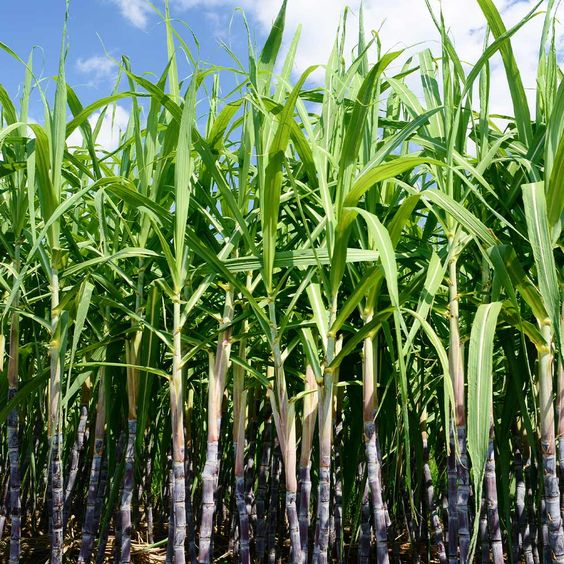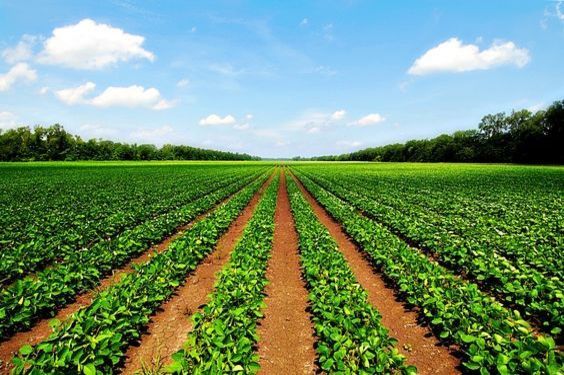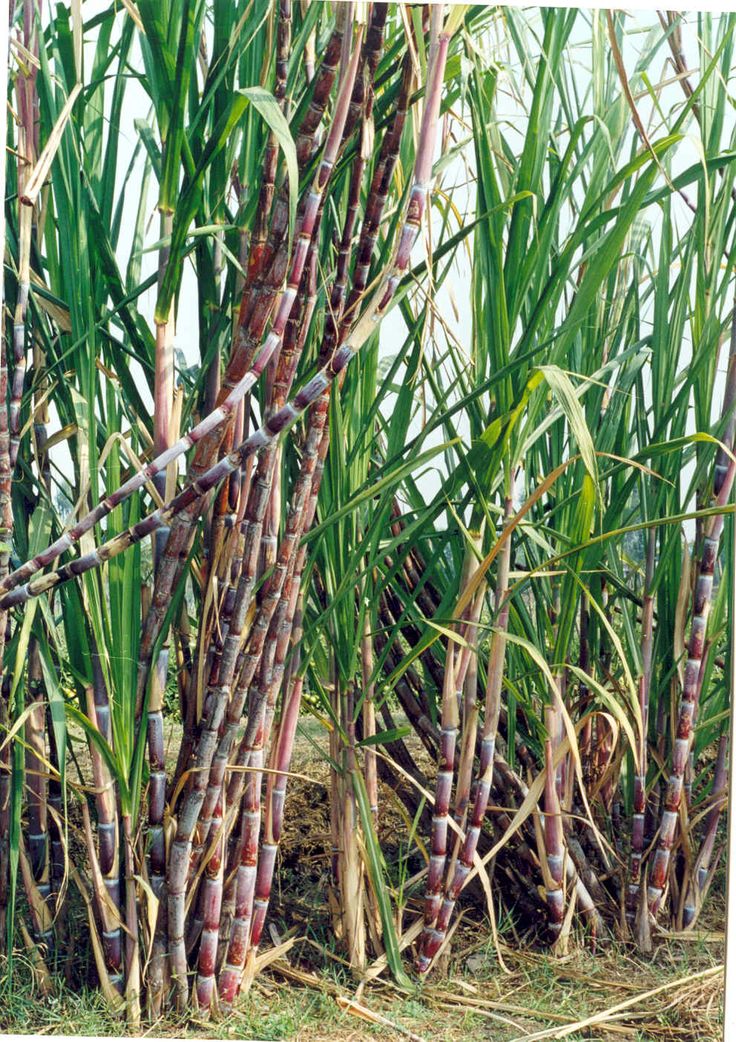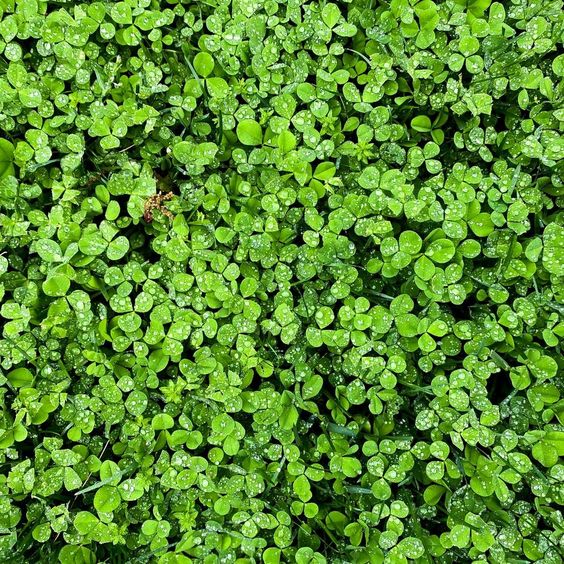Smart Agriculture in Sugar cane Farming: Harnessing Technology for Sweeter Yields
Sugar cane Farming, a pillar of many economies worldwide, faces challenges from climate change, resource scarcity, and fluctuating market demands. In this ever-evolving landscape, Smart Agriculture emerges as a powerful tool for sugarcane farmers to optimize yields, navigate complexities, and ensure long-term sustainability.
This article explores the convergence of sugarcane farming and Smart Agriculture technologies, delving into how data-driven approaches are revolutionizing the industry. We’ll explore specific applications, potential benefits, and considerations for integrating Smart Agriculture into sugarcane operations.
Embracing Precision in the Field: How Smart Agriculture Transforms Sugarcane Farming
Smart Agriculture, a broad term encompassing various technologies, fundamentally changes how farmers manage their sugarcane crops. By leveraging sensors, data analytics, and automation, farmers gain a deeper understanding of their fields, enabling them to make informed decisions for optimal growth and resource utilization.
Here’s a glimpse into how Smart Agriculture is transforming sugarcane farming:
-
Precision Irrigation Sugar cane Farming:
Traditional irrigation practices often lead to water waste or under-irrigation, impacting yields. Smart irrigation systems equipped with soil moisture sensors collect real-time data on field conditions. This data is then used to automate irrigation schedules, ensuring the precise amount of water is delivered to the crop based on its specific needs. This not only conserves water but also reduces energy consumption associated with pumping. -
Nutrient Management Sugar cane Farming: Nutrient deficiencies or imbalances can significantly hinder sugarcane growth. Smart Agriculture integrates soil testing with satellite imagery and drone technology. This comprehensive data allows farmers to create customized fertilization plans, delivering the right nutrients in the right quantities at the right time. This targeted approach optimizes nutrient uptake by the crop, minimizing waste and environmental impact.
-
Disease and Pest Management: Early detection of pests and diseases is crucial for preventing widespread outbreaks and minimizing yield losses. Smart Agriculture utilizes various technologies for this purpose. Trap cameras and sensors monitor pest activity, while drones equipped with multispectral imaging can detect early signs of disease infestation in the crop canopy. These insights empower farmers to take preventive measures or implement targeted interventions, safeguarding their crops.
-
Yield Prediction and Optimization:
Smart Agriculture empowers farmers with the ability to forecast yields with greater accuracy. By combining historical data with real-time field conditions gathered through sensors and weather stations, complex algorithms can predict potential yields. This knowledge allows farmers to make informed decisions about resource allocation, harvesting schedules, and market strategies. -
Fleet Management and Automation: Smart Agriculture integrates seamlessly with farm machinery. GPS-enabled tractors and harvesters equipped with automation capabilities can perform tasks with greater precision and efficiency. This not only reduces labor costs but also minimizes soil compaction and fuel consumption associated with traditional operations.
The Sweet Rewards of Smart Agriculture: Potential Benefits for Sugar cane Farming
Integrating Smart Agriculture into sugarcane farming offers a multitude of potential benefits:
-
Increased Yields Sugar cane Farming:
By optimizing irrigation, nutrient management, and pest control, Smart Agriculture empowers farmers to maximize their sugarcane yields. -
Improved Resource Efficiency:
Precision irrigation and targeted nutrient delivery significantly reduce water and fertilizer waste, leading to cost savings and a more sustainable farming approach. -
Enhanced Farm Management: Real-time data from sensors and automated systems provides valuable insights into field conditions, empowering farmers to make data-driven decisions for improved farm management.
-
Reduced Labor Costs:
Automation technologies associated with Smart Agriculture can significantly reduce reliance on manual labor, particularly for repetitive tasks. -
Improved Farm Profitability:
By increasing yields, reducing waste, and optimizing resource utilization, Smart Agriculture has the potential to significantly improve farm profitability.
Considerations for Embracing Smart Agriculture: Challenges and the Road Ahead
While Smart Agriculture offers a plethora of benefits, there are also challenges to consider:
-
Initial Investment Costs:
The initial investment required for sensors, data analytics platforms, and potentially new farm machinery can be a hurdle for some farmers. -
Digital Literacy:
Utilizing Smart Agriculture effectively requires a certain level of digital literacy. Training and support programs are crucial to ensure farmers can leverage these technologies to their full potential. -
Data Security Sugar cane Farming:
As farms become increasingly reliant on data, ensuring cybersecurity measures are in place is vital to protect sensitive information.
Despite these challenges, the future of sugarcane farming is undoubtedly linked to Smart Agriculture. Governments, research institutions, and agricultural technology companies all have a role to play in making these technologies more accessible and user-friendly for farmers. By working collaboratively, stakeholders can ensure a smooth transition towards a more sustainable and profitable future for sugarcane farming.
Conclusion: Cultivating a Brighter Future with Smart Agriculture
Sugar cane Farming plays a vital role in the global economy and food security.Sugar cane Farming Smart Agriculture offers a powerful set of tools to navigate the complexities of the 21st century, ensuring the long-term sustainability and profitability of this crucial agricultural sector.




